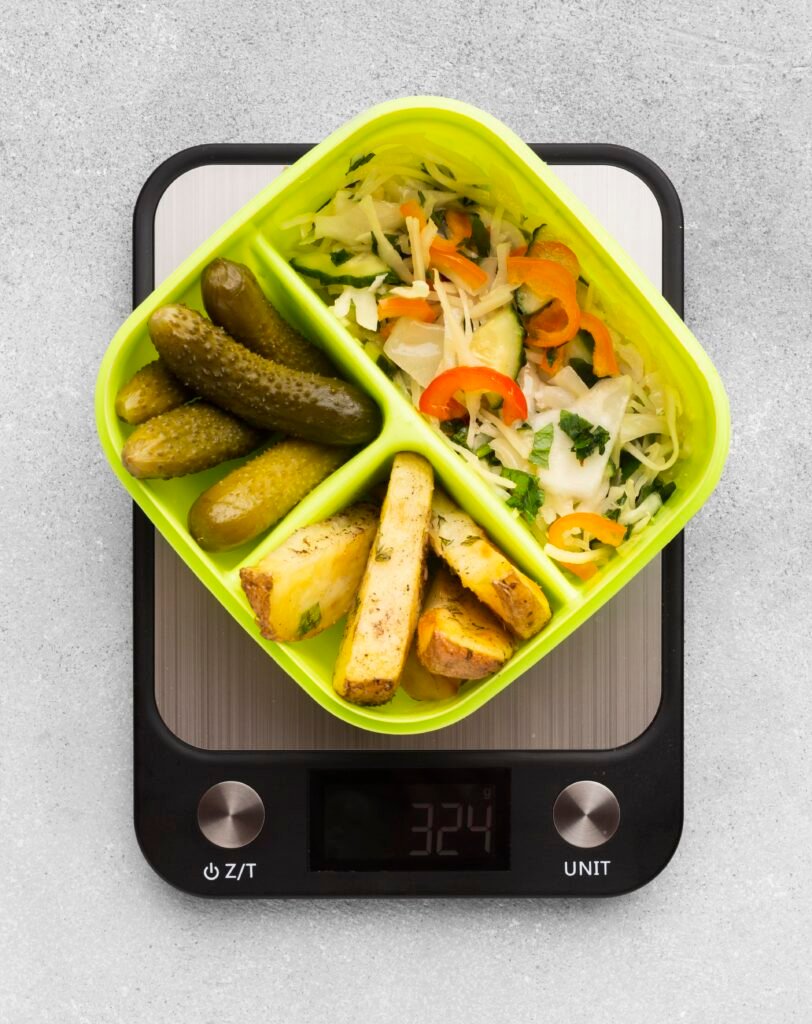Carbohydrate Calculator

Carbohydrate Calculator
The carbohydrate calculator helps estimate how much of your daily diet should ideally come from carbohydrates.
What Are Carbohydrates?
Carbohydrates, often called carbs, are one of the three main macronutrients alongside protein and fat. They are the body’s most direct fuel source since the digestive system breaks them down into glucose, which powers everything from your brain to your muscles. Carbohydrates can also be stored in the body as glycogen for quick energy or converted into fat for long-term storage.
Different Types of Carbohydrates
The three main categories are:
- Sugars – the most basic form of carbohydrate, found naturally in fruit, milk, and some vegetables, but also added to sweets, desserts, and soft drinks.
- Starches – longer carbohydrate chains found in foods such as grains, beans, and potatoes.
- Fiber – a type of carbohydrate that isn’t digested in the traditional sense but plays a vital role in healthy digestion and maintaining steady energy levels.
In general, complex carbs (like whole grains, vegetables, and legumes) provide more long-lasting energy and nutrients compared to simple carbs such as candy, soda, or white bread, which are often called “empty calories.”
How Many Carbohydrates Do You Need?
Some nutrition experts suggest that carbohydrates should make up 40%–75% of daily calories, though this range varies depending on individual goals such as weight management, athletic performance, or medical conditions.
When carbohydrate intake exceeds the body’s ability to store it as glycogen, the excess is converted into fat. Conversely, if the body doesn’t get enough carbs or fat, it may start breaking down protein for energy—a process that can interfere with the body’s essential repair and maintenance functions.
Choosing Better Carbohydrates
Not all carbs are created equal. The source matters as much as the amount. For example:
Good Carbohydrates
- Provide steady energy
- Contain fiber and essential nutrients
- Found in whole fruits, vegetables, legumes, and whole grains
- Naturally low in sodium, saturated fat, and cholesterol
Poor Carbohydrates
- High in refined sugars and calories
- Low in nutrients and fiber
- Often found in sodas, pastries, white bread, and other processed foods
- Can contribute to weight gain, diabetes, and other health issues if eaten in excess
Final Thoughts
Carbohydrates are not the enemy—they are a natural and important part of many nutritious foods. The key is to focus on whole, fiber-rich sources while limiting processed, sugary options. The right balance of carbs will depend on your lifestyle, activity level, and overall health goals. If you’re planning major dietary changes, it’s always best to consult with a registered dietitian for personalized guidance.
